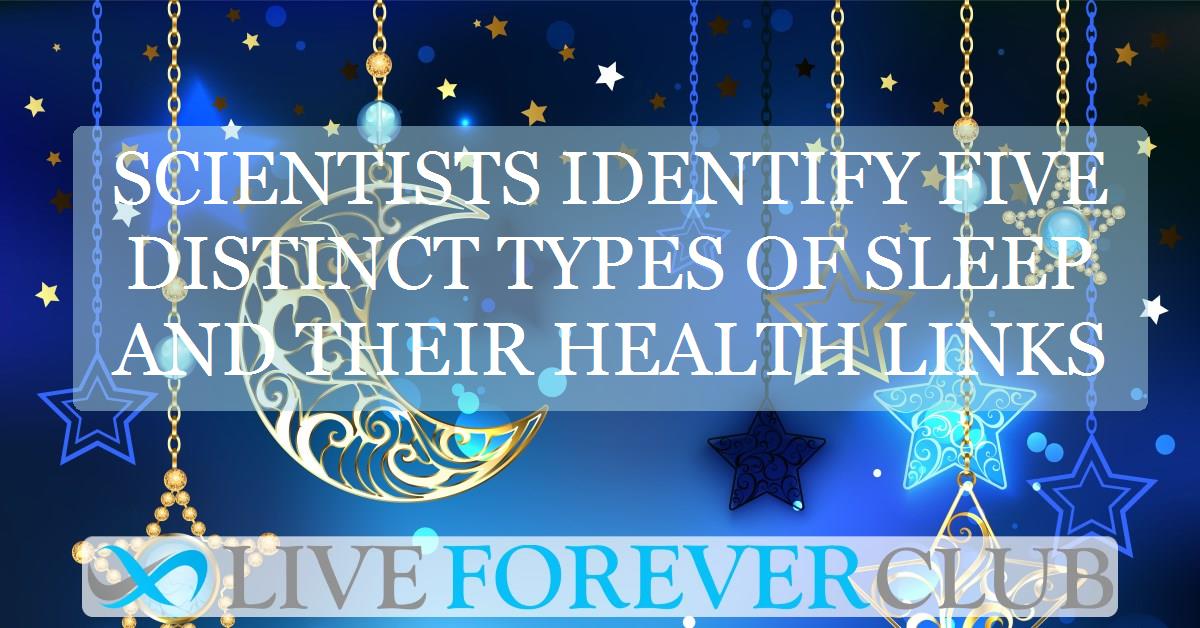Key points from article :
A new study suggests that people fall into one of five distinct sleep types, each linked to unique patterns of mental health, brain activity, and behaviour. The research, led by Valeria Kebets at Concordia University in Montreal, Canada, and published in Nature Mental Health, aimed to take a more comprehensive look at how sleep affects overall well-being. Using data from 770 healthy adults aged 22 to 36, the team analysed seven sleep-related factors—like satisfaction, duration, and sleep aid use—alongside 118 measures of cognition, emotional health, and substance use.
The researchers found that those in the first profile showed generally poor sleep quality, higher levels of depression and anxiety, and disruptions in brain connectivity between networks involved in self-reflection and attention—potentially explaining why these individuals ruminate on their thoughts. The second group had similar mental health difficulties but maintained decent sleep, a pattern the team called “sleep resilience.” In contrast, people in the third group relied on sleep aids and showed poorer memory and emotional recognition, with decreased activity in brain regions tied to vision and emotion.
The fourth sleep type involved consistently sleeping fewer than seven hours per night. These individuals performed worse on cognitive tests and displayed more aggressive tendencies, likely due to the effects of sleep deprivation. The fifth group also showed aggression and anxiety but was distinguished by frequent awakenings during the night, which impaired memory and language processing.
While the findings highlight the complex links between sleep, brain function, and mental health, the researchers stress that these are associations, not causes. Kebets notes that not everyone fits neatly into one category and that future research must explore more diverse populations. Still, understanding these five sleep types could help tailor interventions for both sleep disorders and broader mental health issues—reminding us just how deeply our nightly rest shapes our daily lives.







